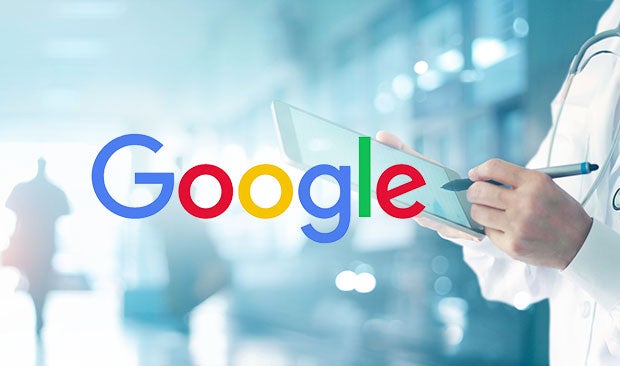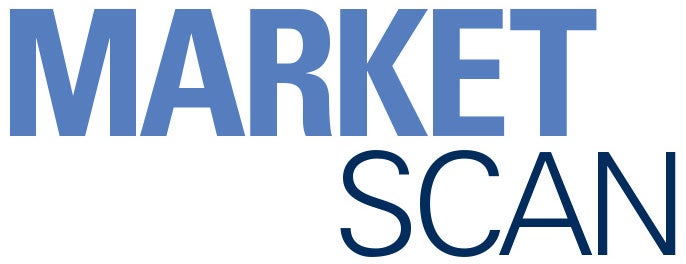

Google Broadens Focus to Providers and Outcomes with EHR Analytics System

What’s New?
Google has applied for a wide-ranging patent for a deep learning system that aggregates electronic health record data into a timeline that can be used to predict potential adverse events. As Healthcare IT analytics notes, the company argues in its application that existing methods of aggregating and analyzing health data for predictive purposes are insufficient, and require too much time and effort to be scalable and repeatable.
The system consists of three parts: a computer memory bank that can aggregate EHR data from vast numbers of patients; a computer that executes deep learning on those records in a standardized data structure format; and a clinician interface that displays relevant facts from a patient’s history and predicts future clinical events.
What It Means
The system, assuming it performs as described, would be significant for several reasons. It would help physicians decide where best to focus their attention when faced with a sea of information from diverse sources. It could quickly identify underlying medical events that could contribute to conditions that are likely to occur in the future. And, the system would help hospital-based physicians quickly answer the difficult questions of who needs their attention more immediately and, at an individual level, what information in the patient’s chart they should address.
As Google scientists noted in a blog post last May, the deep-learning model doesn’t diagnose patients but instead picks up signals about the patient, their treatments and notes written by their clinicians.
The blog outlines how the company worked with colleagues at UC San Francisco, Stanford Medicine and the University of Chicago Medicine using the Fast Healthcare Interoperability Resources format to enable them to blaze through thousands of records from UCSF and UCM EHR data to come up with accurate retrospective outcome predictions.
4 Takeaways from Google’s EHR Patent Application
As much as the Google patent application describes the technical aspects of the system and how it could benefit physicians and patients, the move also signals:<;/p>
- A big step forward in strategy. With its previous health care product launches such as the Google Fit application and Google Nest, and the spinoff of its Verily life sciences unit, the company had largely been addressing the consumer market. This move would mark an important shift to serving providers in a direct and potentially profound way.
- Timing matters. With providers focused intently on delivering greater value and investing in systems that will provide actionable intelligence to more accurately predict outcomes, Google’s EHR will be eagerly anticipated and scrutinized. How major players in the EHR space respond with product enhancements and development bears watching.
- It’s not here yet, but ... the system has been in development for some time. And although Google did not initially respond to media inquiries about when the EHR might be available, the company filed the application in August 2017, with more than 20 of its employees — including its artificial intelligence division leader Jeffrey Dean and others from the Google Brain team — named in the application. And in what appears to be a foreshadowing of the system’s potential, Dean and some of his colleagues also published a paper last May on scalable and accurate deep learning with EHRs in Nature Partner Journals.
- Deep capital at work: With the intellectual property on its Brain research team and deep financial resources, it will be interesting to see how quickly this product may come to market and what other provider-facing products Google develops in the near term.



